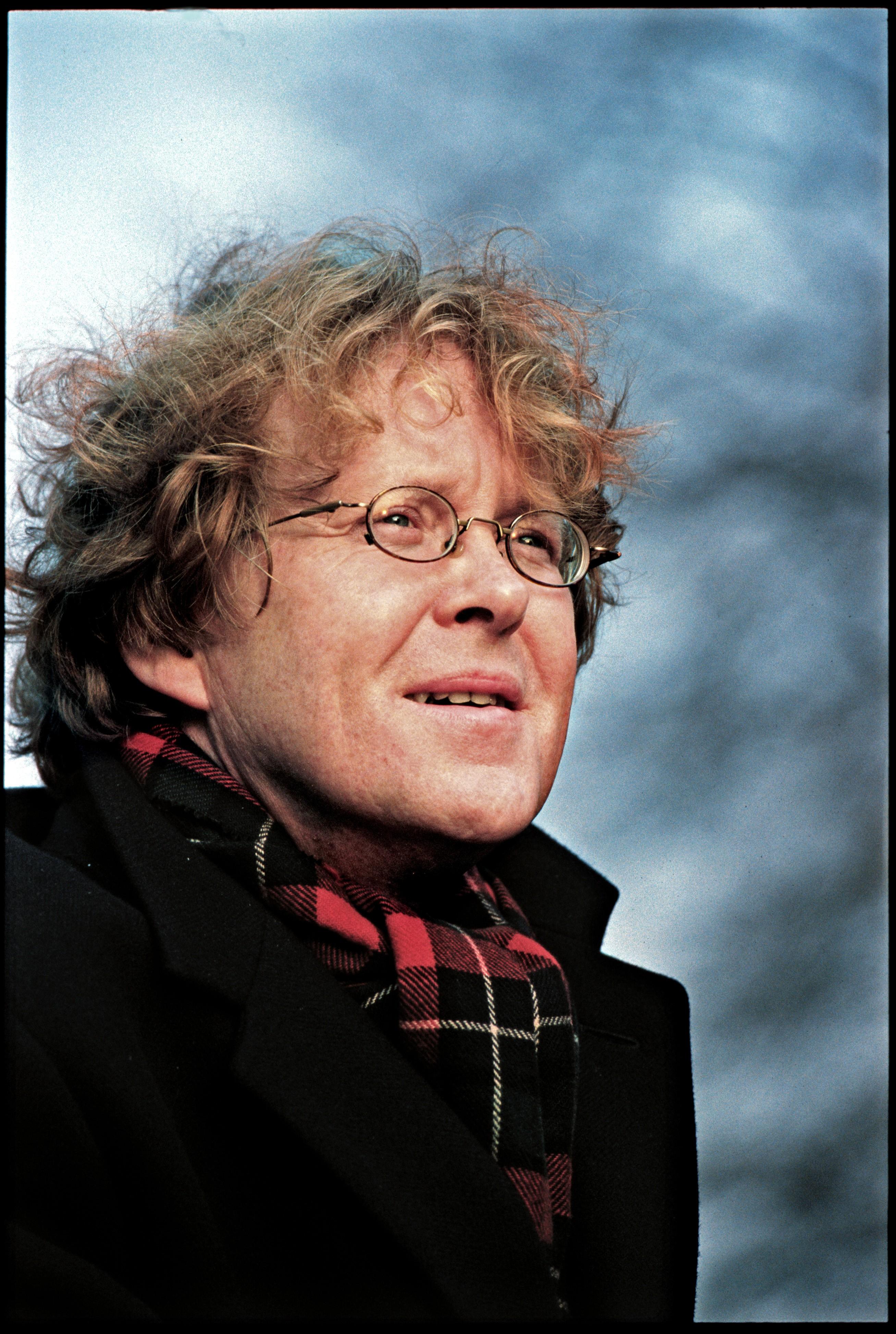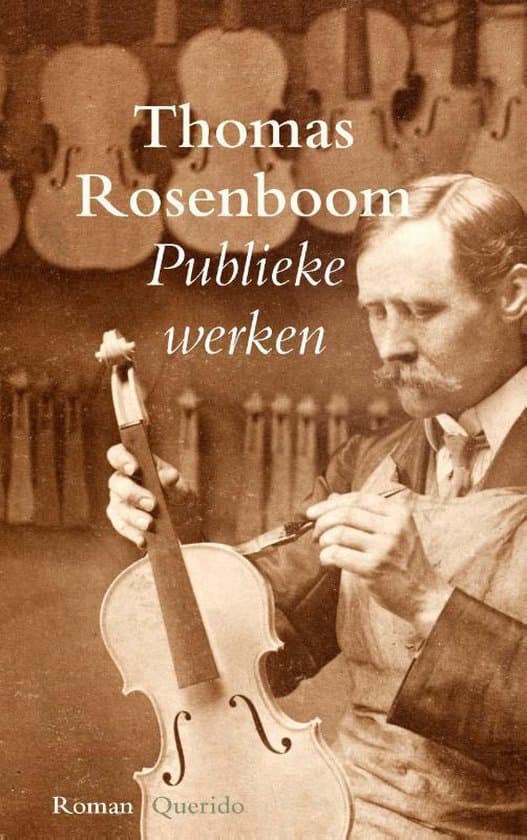Thomas Rosenboom
Thomas Rosenboom (b. 1956) made his debut in 1983 with a collection of short stories called 'De mensen thuis' (Those at Home), for which he received the Van der Hoogt Prize. Two years later he published the novel 'Vriend van verdienste' (An Honourable Friend), based on the true story of a teen homicide.

In 1994 he astonished both critics and readers with Gewassen vlees (Washed Flesh), about the diabolical character William Augustijn van Donck. This was followed by Publieke werken (Public Works, 1999), which describes the tragic downfall of a nineteenth-century pharmacist and a violin maker. Both these novels were awarded the prestigious Libris Literature Prize. Rosenboom further published the novel De nieuwe man (The New Man, 2003), Spitzen (Point Shoes, 2004) and Zoete mond (Sweet Mouth, 2009). Controversial was his essay on the decline of educational standards, Denkend aan Holland (Thoughts About Holland, 2005).
The magic of Rosenboom’s great novels rests on a number of classical literary devices perfectly implemented. The historical backgrounds in his novels are well documented and convincing without getting in the way of the story. He always has an ambitious main character and a riveting plot. In addition, his style is polished and trenchant, and he has a good eye for detail. In a subtle, often cruelly humorous way, his characters are led to inevitable ruin. All this makes his novels real page-turners.



